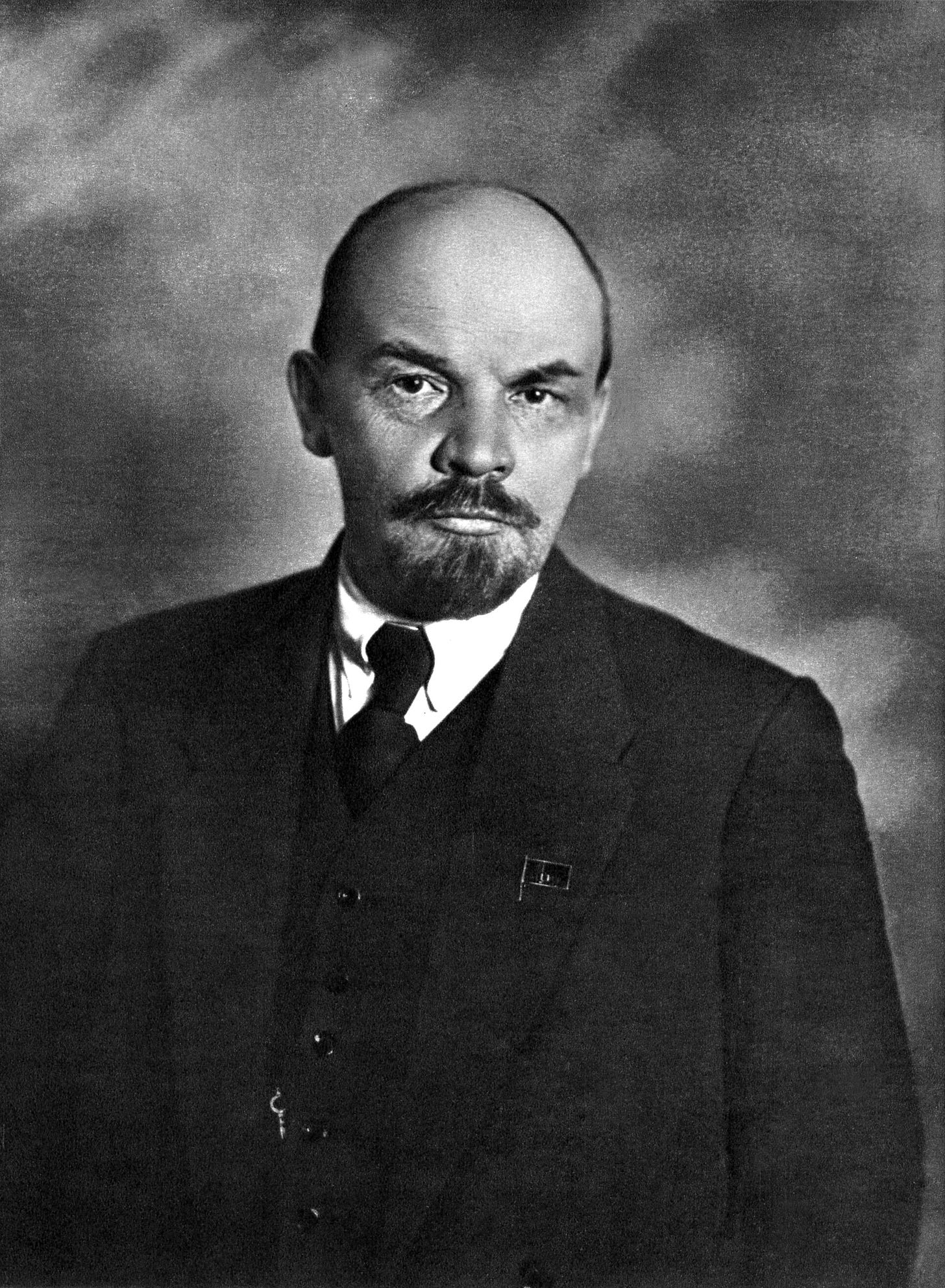Helen Crawfurd was a Scottish Suffragette whose name is not as well-known as it ought to be. Born in 1877 in Glasgow, Helen lived through one of the most turbulent times in world history and was right in the thick of much of it, from the struggle for women’s right to vote through two world wars which she vehemently disagreed with and the question of Home Rule for Ireland which provoked strong feelings and violent action on both sides. One of the main reasons that I feel a connection with Helen is because I was also born in Glasgow, though a few years later. One of the main reasons Helen’s name has been passed by in the social history of the suffragette movement is likely to be her unswerving adherence to and campaigning on a socialist and then communist ticket. Her unpublished memoirs are held by the Marxist Library in London, and even a cursory read shows that she was passionate about these beliefs.
After a journey which covered 5000 miles rather than 1000, Helen arrived in Petrograd and is greeted by Sylvia Pankhurst and Willie Gallacher. Sylvia had previously broken ties with the WSPU, deeming the organisation not socialist enough, a criticism shared by Helen.
Helen’s memoir is sketchy on the detail of how she spent her three months visit in Russia. There is an account of a couple of days in Petrograd before moving onto Moscow; she goes into quite a lot of detail about the circumstances around her interview with Lenin and also a night out with a group of people including the well-known marxist Maxim Gorky.
At the time the British press had reported that Gorky had been killed in the fighting (which fighting isn’t clear; Helen describes the British newspapers were reporting that the streets of Moscow were filled with deadly battles, while she witnessed empty streets with only a handful of people going about their work to be seen), Helen took great delight in the fact of his death being untrue.
She is obviously delighted to meet Lenin, her descriptions of him portray her own unwavering belief in this polarising figure.
Wikipedia has this to say about Lenin
“Widely considered one of the most significant and influential figures of the 20th century….. He became an ideological figurehead behind Marxism–Leninism and a prominent influence over the international communist movement. A controversial and highly divisive historical figure, Lenin is viewed by his supporters as a champion of socialism, communism, anti-imperialism and the working class, while his critics accuse him of establishing a totalitarian dictatorship that oversaw mass killings and political repression of dissidents.”
What I find remarkable is Helen’s starry-eyed approach to Lenin. She is scathing about Churchill and many other politicians of her day for many of the same things which Lenin was doing: the spread of propaganda showing the government in a good light; sending soldiers to fight for their country; repression of opposing views; and so on.
We might say it is likely that Helen did not know what Lenin’s troops were doing on his orders at the same time as she was talking to him. All the same, I find it fascinating that a woman as politically astute and as critically aware of the many tactics used by those with power should be so taken in by a man who had access to the same kind of power.
In her conversation with Lenin, they discussed three things:
- The importance of women being brought into the struggle
- Helen’s appreciation of the First Worker’s Republic attitude to the oppressed colonial workers
- The value and importance of the work of organisation industrially and on an international scale
She evidently came away from the conversation happy with Lenin’s observations and reassurances.
Reading her memoir, it is clear that Helen’s passion for socialist and communist ideals like equality for all, the redistribution of wealth and opportunity stayed with her and if anything, got stronger as she got older. Indeed, the fact that her memoir is held by the Marxist Library in London shows that her attachment to Marxism never wavered.
It’s interesting to note that Lenin himself did no fighting, except through words, for the 1917 revolution. In fact, although he was the head of the new governing Bolshevik party, which by 1920 had become the Communist Party, he never envisaged Soviet Russia closing themselves off from the rest of the world. His dream was that the Bolshevik revolution would kick-start socialist uprisings all around the world. For him, and for Helen too, socialism could not end capitalism in one country alone but needed to spread to all major world players. The reason why he did not succeed is subject to many different opinions, although it seems to me to be as much about the complicated politics of those around him as anything else. Lenin died in 1924 and was replaced by Stalin, who saw an opportunity to strengthen the leadership of the Bolshevik’s and took it, building the iron curtain which enclosed Soviet Russia and its allies for the next 60 years.
All my reading about Russian politics has been like trying to hack through thick jungle, there is so much propaganda and a complex web of political affiliations and then the eternal question of trying to discover meaning behind the actions of human beings! If I have made any errors in this piece, it is due to these factors, in addition, I do not intend any endorsement of one political view or another.
If you are interested in Helen’s story, do subscribe, like or share this post.

